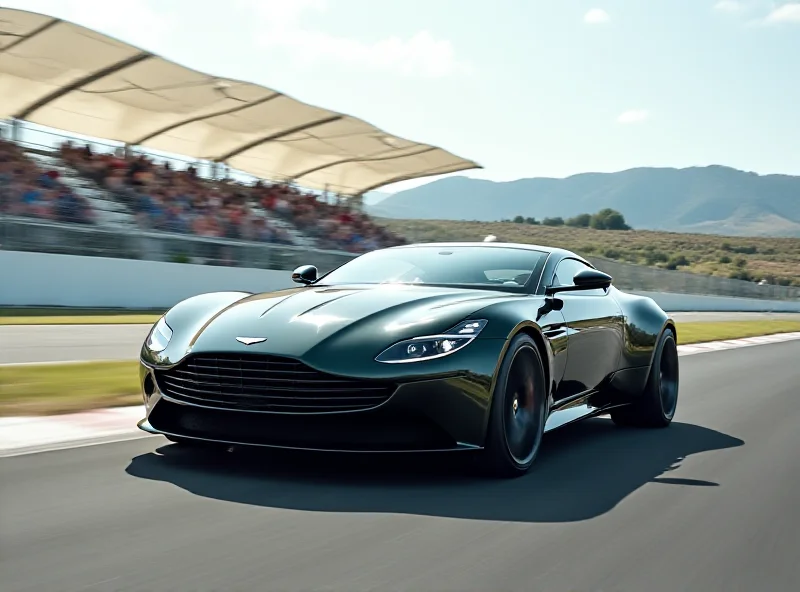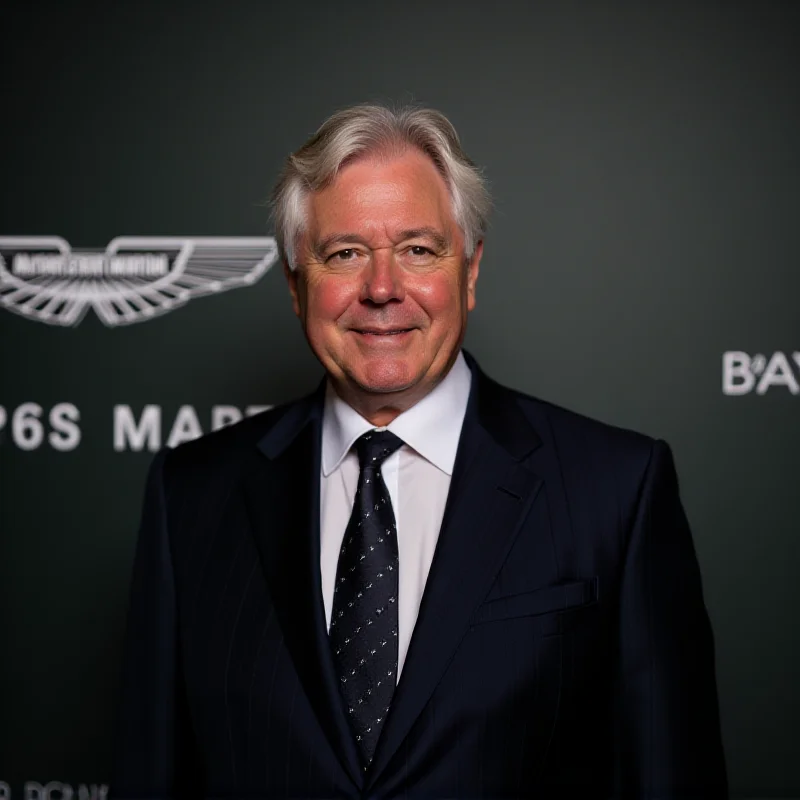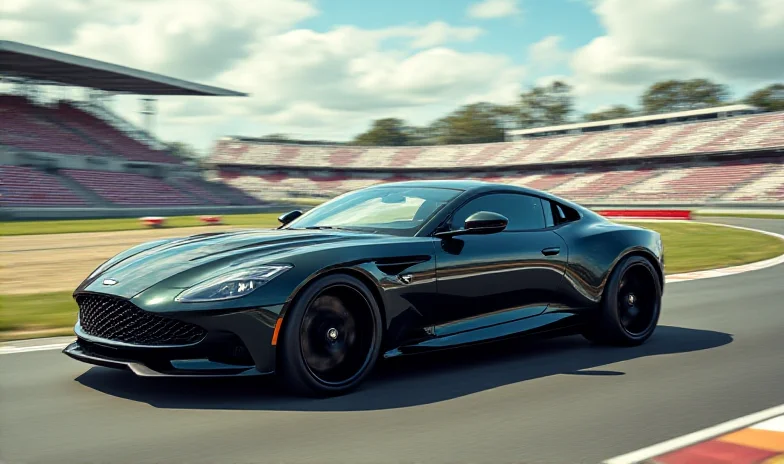Aston Martin is undergoing a strategic shift, prioritizing plug-in hybrids and the highly anticipated Valhalla supercar while delaying its entry into the fully electric vehicle market. This move comes as the British sportscar maker announces plans to cut 170 jobs – 5% of its global workforce – in an effort to improve profitability.

Valhalla: A Hybrid Hope
Billionaire Lawrence Stroll, the major shareholder of Aston Martin, is pinning his hopes on the Valhalla, a hybrid luxury racing car priced from £850,000. Stroll is counting on the Valhalla to reinvigorate the company's brand and performance, both on the road and in Formula 1. "The Valhalla represents a significant step forward for Aston Martin," says a company spokesperson. "It embodies our commitment to cutting-edge technology and high-performance engineering."
Stroll is also looking to bolster Aston Martin's Formula 1 team, reportedly eyeing star designer Newey and further collaboration with Honda. The Valhalla, with its hybrid powertrain, is seen as a showcase of Aston Martin's technological prowess and a symbol of its commitment to innovation.
Electric Vehicle Delay and Job Cuts
Despite the focus on hybrids and the Valhalla, Aston Martin has pushed back the launch of its first battery electric vehicle. The company now expects a fully electric model only in "the latter part of this decade." This delay reflects a strategic shift towards plug-in hybrids, which combine a small battery with a petrol engine. The company says this approach allows them to bridge the gap between traditional combustion engines and full electrification, meeting current market demands more effectively.

The delay in the electric vehicle program coincides with a plan to cut 170 jobs globally. This represents 5% of Aston Martin's workforce and is part of a broader cost-cutting initiative aimed at improving profitability. These cuts are a necessary step to ensure the long-term financial health of the company, allowing Aston Martin to invest in key areas such as hybrid technology and the Valhalla.
A Shift in Strategy
Aston Martin's strategic shift reflects the challenges and opportunities facing the automotive industry. The company is navigating the transition to electric vehicles while also catering to the demand for high-performance, luxury sports cars. By prioritizing plug-in hybrids and the Valhalla, Aston Martin aims to maintain its brand identity and appeal to its core customer base. The future success of Aston Martin hinges on its ability to balance these competing priorities and deliver innovative, high-quality vehicles that meet the evolving needs of the market.

"Our priority is plug-in hybrid cars. The first electric model will only come in 'the latter part of this decade'," Aston Martin said in a statement.
The company hopes that these changes will allow it to remain competitive in the luxury automotive market and achieve long-term profitability.
